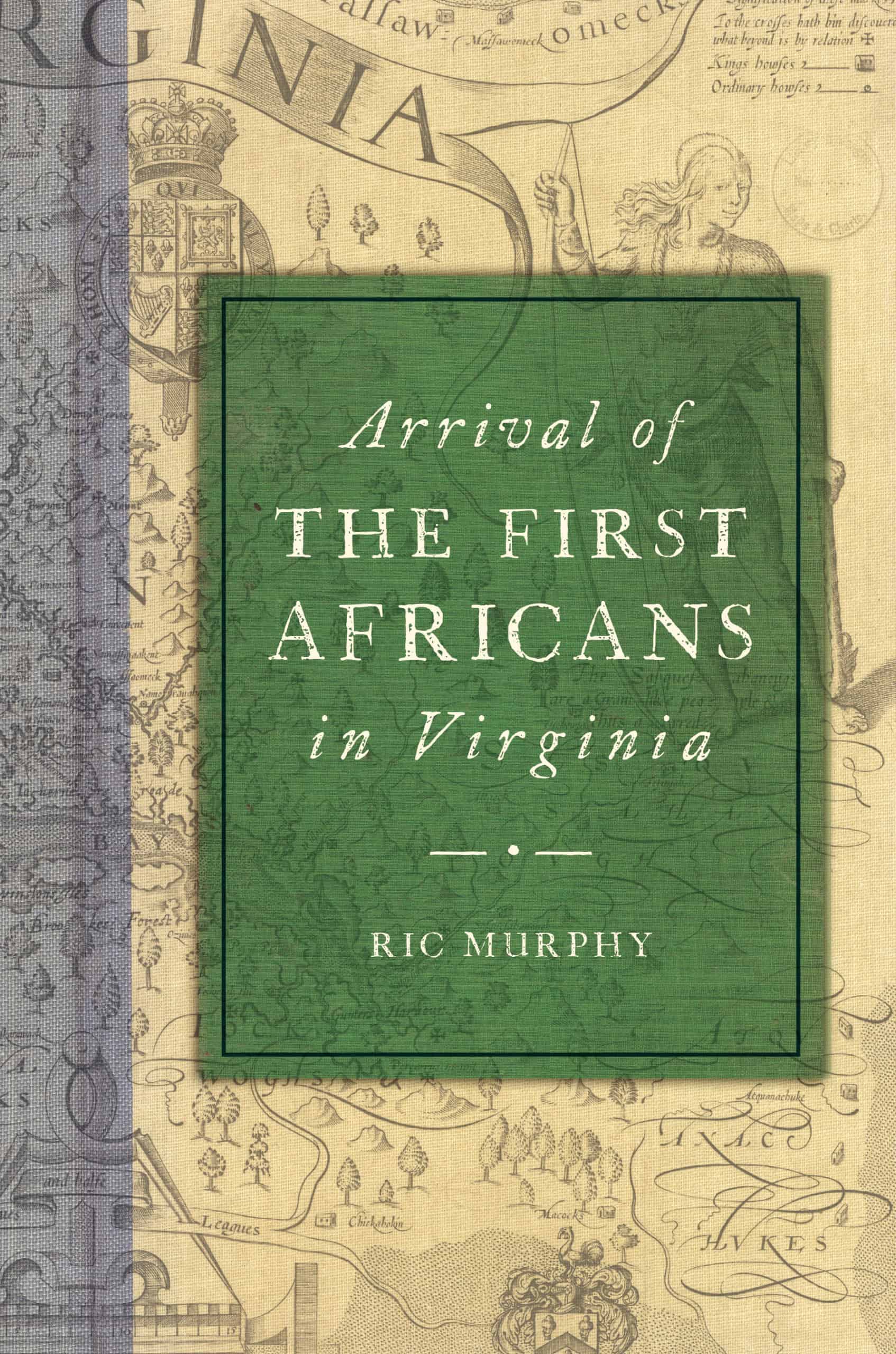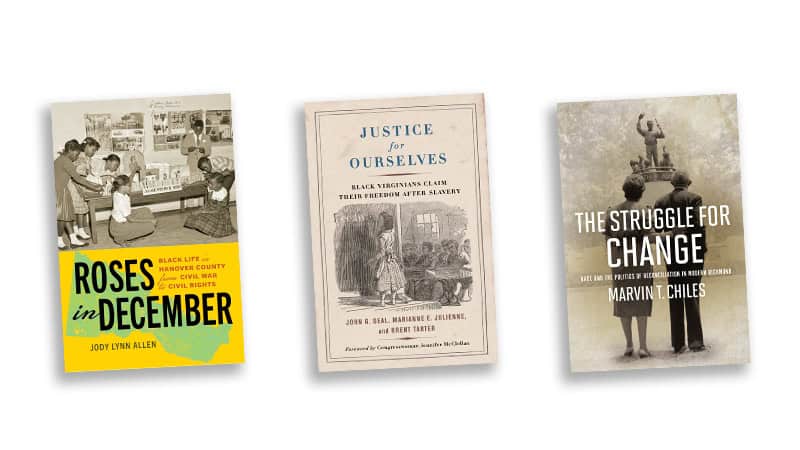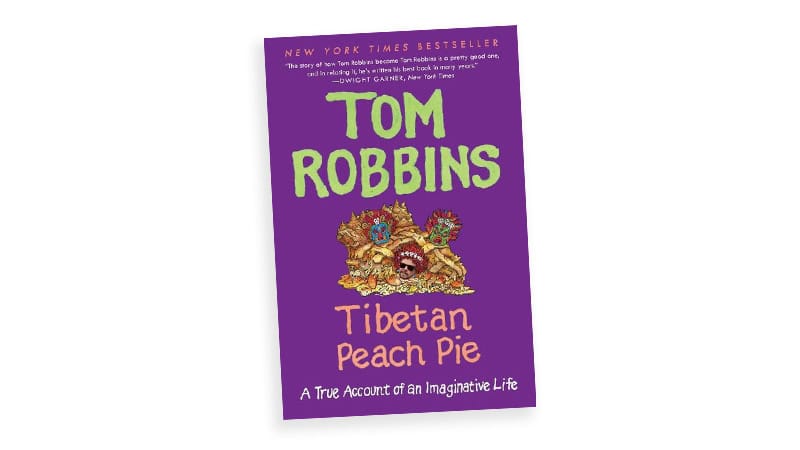‘Arrival of the First Africans in Virginia’ book review
Author Ric Murphy adds new context and clarifies understanding
 The longer I live and learn – delving into new books and museum exhibits and exploring research that digs deeper into the realities of the past – the more my worldview shifts. Arrival of the First Africans in Virginia, by Ric Murphy, provides such eye-opening facts to add context to Virginia history and to current issues.
The longer I live and learn – delving into new books and museum exhibits and exploring research that digs deeper into the realities of the past – the more my worldview shifts. Arrival of the First Africans in Virginia, by Ric Murphy, provides such eye-opening facts to add context to Virginia history and to current issues.
Historians realize that although history is set in stone, the way it is understood and interpreted can be fluid. By examining and interpreting primary sources with the benefit of distance, researchers have turned over stones to reveal new perspectives.
In his new book, Murphy looks at the first Africans to arrive in Virginia, including where they came from, how they got here, and their status (free or slave) upon arrival. He provides needed historical context in examining the whites who are part of the story, from captors to colonists to Europeans conflicting with colonists. He provides a new understanding into many aspects of what readers may consider a history they already knew.
New understanding from new information in Arrival of the First Africans in Virginia
Sometimes, fresh perspective comes simply from getting a deeper view of a time in history.
Murphy takes his reader to Africa for a dose of fresh perspective. He examines the history of the kingdom of Kongo and the Ndongo people. Portuguese explorer Diogo Cão, who came upon the area in 1483, said that Kongo was one of the greatest kingdoms in Central Africa, founded by conquest and consolidation of power – as the royal kingdoms of Europe were. Of the Bantu people in the region, Cão noted that they were “an advanced, permanently settled farming and herding people who forged iron tools and weapons, and who lived in the same towns year-round.” In 1491, Kongo’s King Nzinga converted to Catholicism.
Murphy points to the diplomatic and religious exchange programs between Portugal and Kongo, which resulted in a rich education for many Kongolese children. These native Africans were educated and intelligent, and many spoke multiple languages.
And he points out how the amicable relations between the two governments soured when the Portuguese discovered valuable silver deposits – “a major incentive” for the Europeans to turn on the Africans, to overpower and conquer them.
I don’t recall learning much about African history in my school days. Advanced Western civilization classes seemed to my young American perspective to cover most of the important history of the world. By definition, Western civilization focuses on western Europe and North America. That history includes interactions with the rest of the world, but primarily as they relate to colonization and wars. Yes, told from the Western point of view.
Of course, we tend to teach our young generations about history that’s directly relevant to them. Yet that results in an ethnocentric view of the world.
And, as Murphy notes, American mass media has painted a very unflattering picture of Africa and its people. He reminds the reader how the popular tale of Tarzan, as an example, depicted indigenous Africans as having very limited verbal skills and no developed language. In fact, the gorillas were portrayed as more articulate than the indigenous people.
A new perspective on the white man
Murphy’s look at the significant context of the period also offers an examination of the ongoing wars between European nations in the 17th century. This includes the privateering that was encouraged by warring leaders, piracy sanctioned when engaged against enemy countries. The reader comes away seeing how these events influenced the trade in human bodies.
For insights closer to today, check out the Boomer review of
The Organ Thieves: The Shocking Story of the First Heart Transplant in the Segregated South
Murphy also shows that some leaders of the early Virginia colony were not quite as gentlemanly as we have been taught. As ship captains, they were tough men who had sailed for adventure and riches, experienced in piracy (i.e., cruelty and theft).
And Murphy’s description of the conditions that slave traders forced upon their captives was so much more graphic and grisly than most of us would have learned in school.
Certainly, we do want to protect young children from the most heinous details, but problems arise when adults fail to update their lessons. Whether from resistance to challenging cherished beliefs or simply from lack of opportunity, unchallenged beliefs have significant ramifications on response to current issues.
A new understanding from a broader view
Arrival of the First Africans in Virginia is a reminder that history is written by the victors. Certainly, most of the American history we learn in school is based on fact, and it sometimes admits to flaws in our nation and our leaders. However, the history we’re taught is also often interpreted through the lens of those who have held the power.
In this book, for example:
We are reminded that the early Virginia colonists were noblemen, ill-equipped to tackle frontier agricultural enterprises in the New World.
We learn that the white laborers that the Virginia Company brought to the colony were similarly ill-equipped. Instead, they were shipped from London’s overcrowded slums, and most were illiterate, with limited or no education or agricultural skills.
We are reminded that the young enterprise was on the verge of collapse in 1619.
And we learn that the Africans who arrived in Virginia in 1619 were skilled in agriculture and animal husbandry. We learn that those plantations that employed these Africans turned their fortunes immediately from financial failure to profit.
Thus, we learn that the young colony owed its success in large part to the presence of the Africans.
Challenging our idols
For anyone who lives in a democracy, which depends upon the knowledge of each person who votes, learning history is imperative. And it’s a never-ending task, to ensure that our knowledge is up to date. A book such as Arrival of the First Africans in Virginia can aid in that responsibility.
Arrival of the First Africans in Virginia, by Ric Murphy
The History Press, Aug. 31, 2020
As an Amazon Associate, Boomer Magazine earns from qualifying purchases of linked books and other products.



